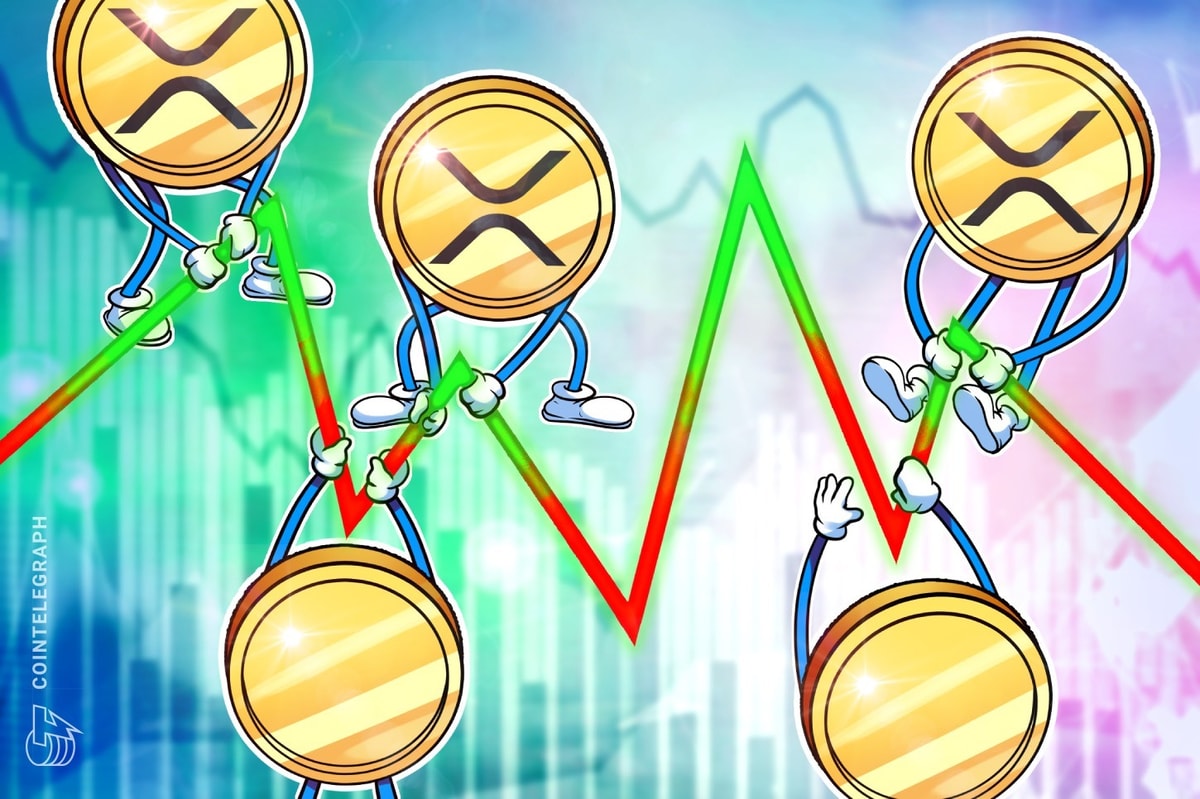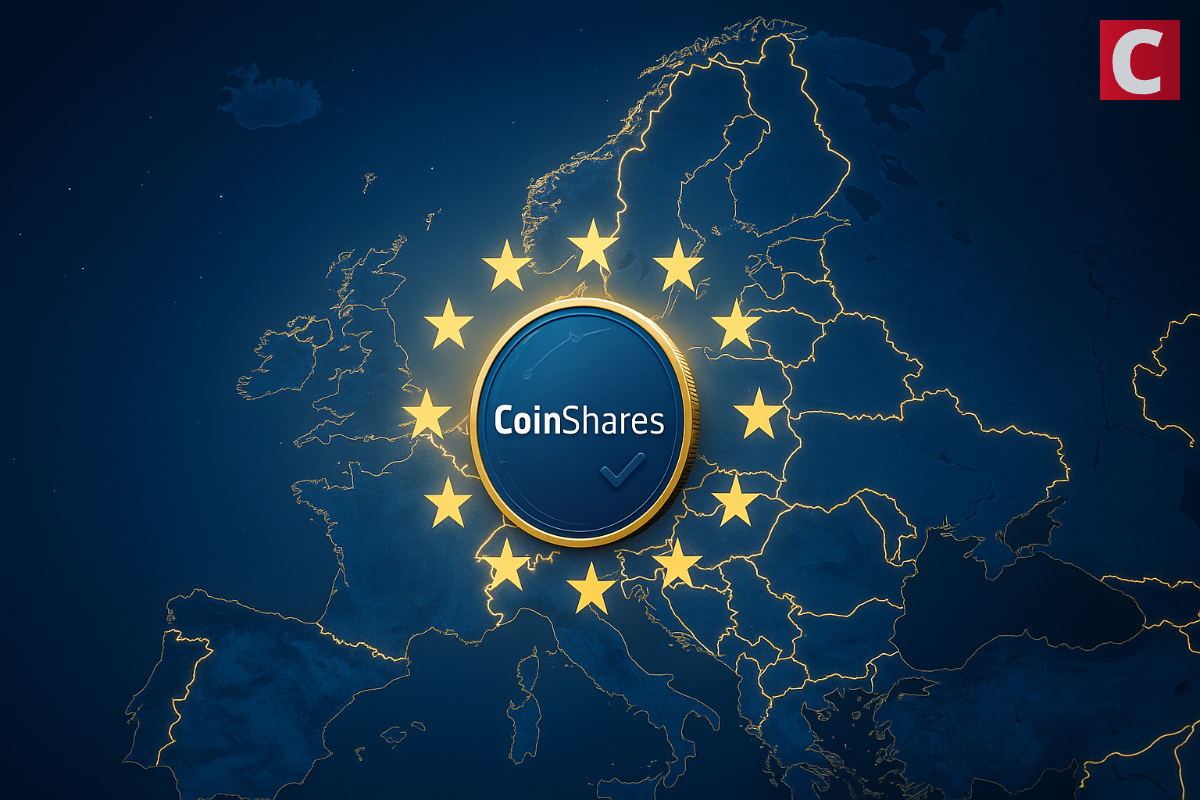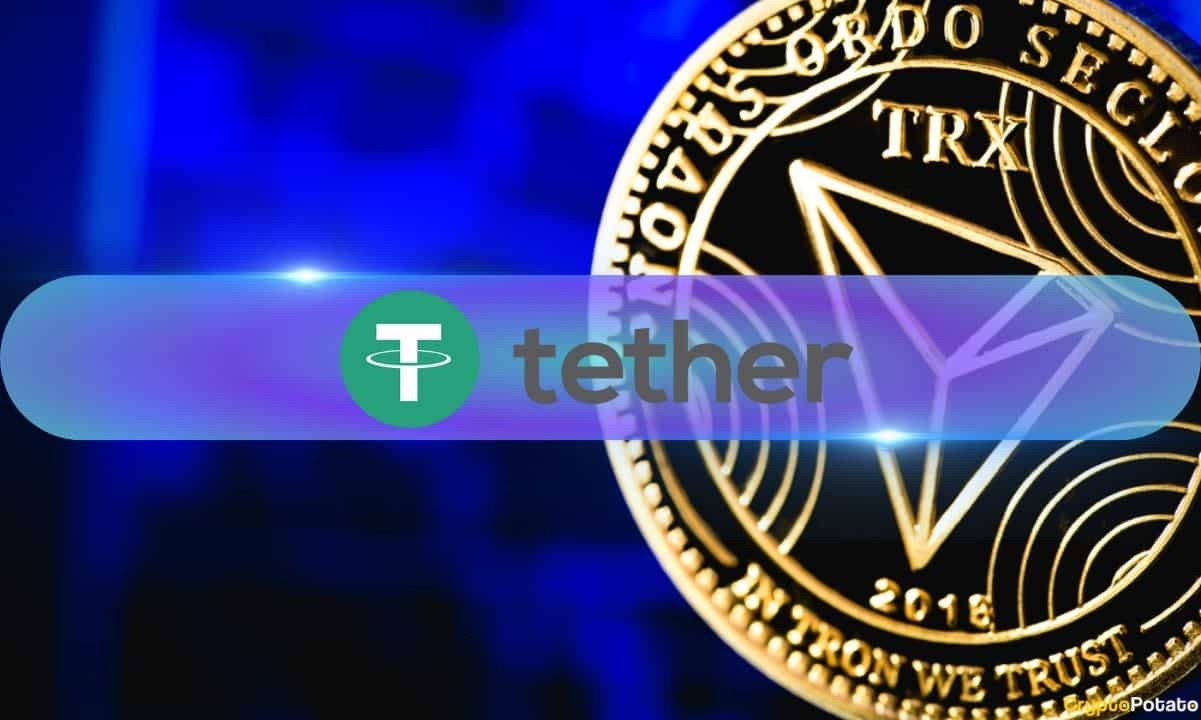Tokenization is set to unlock over $10 trillion in value globally, as per multiple reports, and according to one expert, Asian countries are set to dominate this new frontier, drawing capital away from the West.
From Singapore and the United Arab Emirates (UAE) to Japan and Hong Kong, Asia has become the runaway leader in tokenization. Some of the region’s largest companies are investing aggressively in the sector, launching new products individually and in the dozens of regional initiatives that have sprang up in recent years.
Regulators are also playing their part. Some, like Japan, are expanding existing frameworks to guide token issuers while protecting investors. Others, like Hong Kong, have launched new guidelines for the sector, allowing even traditional banking stalwarts to issue new tokenized products.
This embrace of tokenization is shifting capital from Western markets into Asia, says Maarten Henskens, who heads protocol growth at Startale Group, a Web3 infrastructure developer based in Singapore.
Henskens says Western institutions are now setting up new operations in the Asia-Pacific region to participate in this innovative sector.
One of the Western companies that has moved eastward to explore tokenization is Securitize, the American firm best known for issuing the $2.8 billion BUIDL tokenized fund by BlackRock (NASDAQ: BLK).
Securitize’s subsidiary in Japan was behind the infrastructure on which BlackRock launched its fund. In fact, the fund’s name, BUIDL, belonged to a Japanese Web3 consultancy that Securitize acquired back in 2019.
Beyond BlackRock’s fund, Securitize Japan has issued other products, including tokenized deposits in partnership with MUFG-backed (NASDAQ: MUFG) DeCurret.
This capital shift will only gain momentum over the next decade, Henskens told one news outlet. While the private sector is leading the innovation, he believes that the role of regulators is just as vital.
Several Asian countries have issued guidance for the industry. Singapore is among the most advanced, with the central bank’s Project Guardian initiative allowing some of the world’s most prominent financial institutions to explore asset tokenization. Some market-leading Western lenders and asset managers, from HSBC (NASDAQ: HSBC) and JPMorgan (NASDAQ: JPM) to Franklin Templeton (NASDAQ: FTGTX) and Fidelity (NASDAQ: FNCMX), are members of the project.
Hong Kong is Singapore’s closest challenger, but the city-state’s frameworks are evolving faster. Last year, the central bank launched Project Ensemble to accelerate tokenization. Members include Standard Chartered (NASDAQ: SCBFF), Microsoft (NASDAQ: MSFT), and Ant International.
Despite the advances, Henskens believes a lack of cross-jurisdictional partnerships between regulators and limited infrastructural interoperability could limit growth.
However, this is gradually improving. Under Singapore’s Project Guardian, central banks from France and Germany, financial watchdogs like the U.K.’s FCA and Japan’s FSA, and global organizations like the IMF and the World Bank collaborate on policymaking.
Singapore and China strengthen tech collaboration
Meanwhile, the Chinese and Singaporean central banks have announced new collaborations to boost tech-driven finance.
At the 3rd Singapore-China Green Finance Taskforce (GFTF), the Monetary Authority of Singapore (MAS) and the People’s Bank of China (PBoC) committed to ramp up cooperation in green and transition finance.
“The GFTF has developed into an important platform for both public sector and industry experts from Singapore and China to collaborate and work hand-in-hand to shape bold and impactful initiatives,” commented Gillian Tan, the taskforce co-chair.
“The GFTF remains committed to jointly develop concrete and tangible solutions to accelerate the growth of sustainable finance to support real economy needs for Asia’s net zero transition.”
The event brought together over 40 participants from the public and private sectors to discuss how the two Asian countries can boost sustainable finance. Among the topics on the agenda were how they can enhance the flow of green finance and tap the latest tech to boost the adoption of sustainable finance.
China and Singapore remain two of Asia’s leaders in emerging tech, including in artificial intelligence (AI), with the former being home to some of the global industry leaders like DeepSeek. However, emerging geopolitical dynamics are straining the relationship between the two nations. Just days ago, one of China’s biggest AI startups, Manus, relocated from its homeland to Singapore as the U.S. and its allies tighten restrictions on chip exports to China.
Watch: Lessons on Triple Entry Accounting from Malta’s TEA Conference

















 English (US) ·
English (US) ·